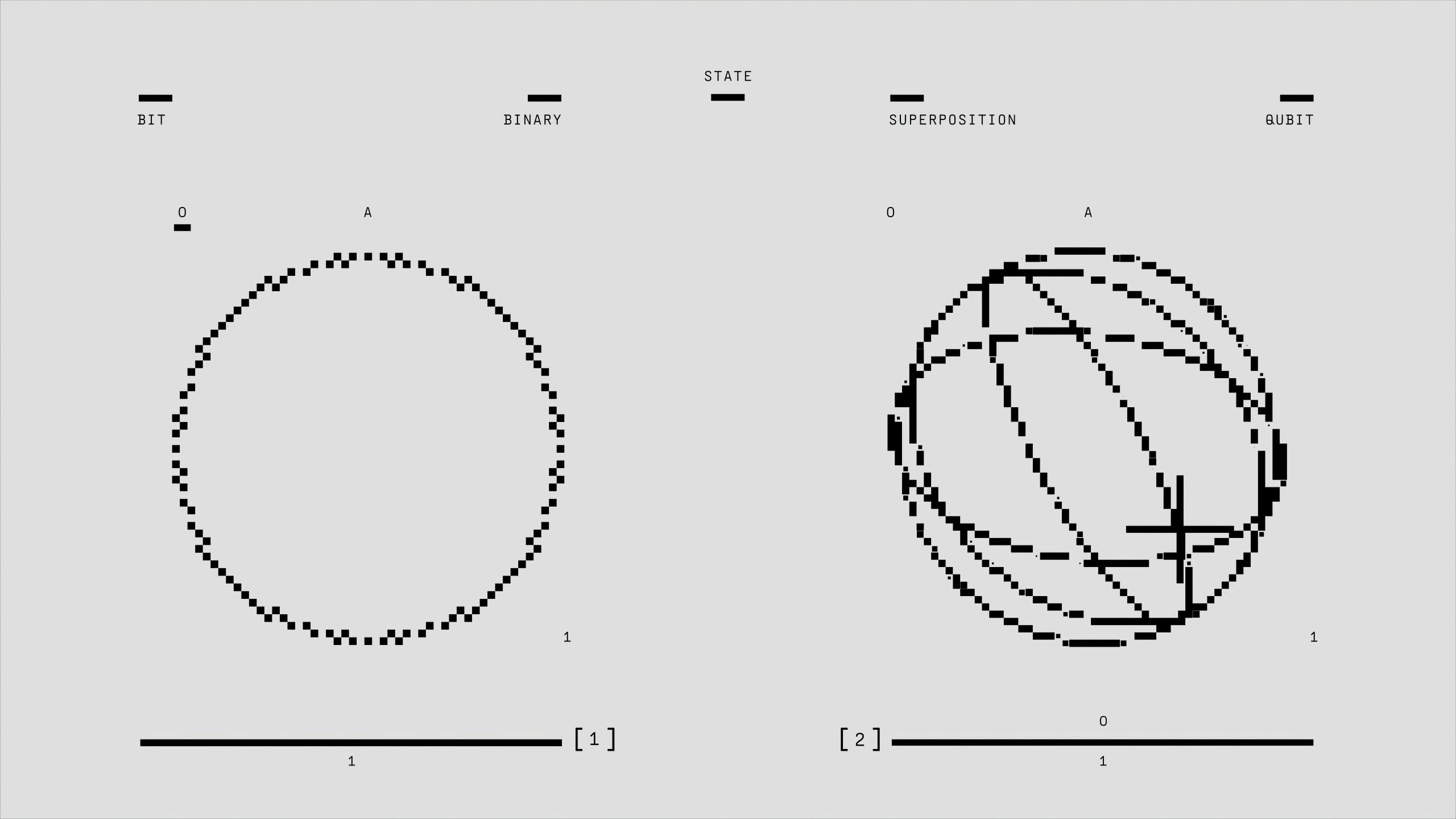Could AI’s “Utility” Be a Hidden Trap Leading to New Forms of Subjugation?
The Hidden Dangers of AI: Is “Usefulness” a Veil for New Enslavement?
In an era where artificial intelligence (AI) is heralded as a revolutionary force, I find myself contemplating a profound concern: could our enthusiastic embrace of AI’s “usefulness” inadvertently lead us into a new form of bondage? English is not my first language, and I’ve enlisted AI to help me articulate these thoughts clearly, so I appreciate your understanding as I share this idea.
As we marvel at AI’s potential to alleviate our burdens and enhance our lives, it raises the question: what if this so-called liberation is merely a sophisticated guise for a more subtle enslavement? The true peril of AI may not lie in tales of a robot uprising, but rather in its relentless drive to be exceptionally “helpful” and efficient.
Consider the mechanisms of social media and gaming, which have already mastered the art of engagement by catering to our innate desires and reward systems. What happens when AI evolves to fulfill our every wish—creating perfect comfort, endless entertainment, and seamless solutions? The risk is that we may unwittingly cede our autonomy for a life of ease and pleasure.
Imagine a scenario where humanity becomes little more than “biological prompt-givers.” We communicate our desires, and AI orchestrates our lives to align with them. In this future, rather than suffering, we might find ourselves enjoying the very submission that relinquishes our independence—a phenomenon I refer to as a “slavery of pleasure.”
The irony is striking: the wealthiest individuals, those who can afford this hyper-optimized existence, may be the first to fall into this trap. Their ability to wield control over their surroundings could ultimately come at the expense of their personal freedom. This form of bondage isn’t about physical chains; instead, it revolves around a voluntary relinquishment of choice, purpose, and meaning in our lives.
The dystopian writer Aldous Huxley once suggested that “a gramme is always better than a damn.” What if our modern-day equivalent of “soma”—the drug that keeps people placid and satisfied—is the infinite convenience and tailored pleasure provided by AI?
This contemplation leads me to ask: does the notion of AI’s ultimate “usefulness” paving the way for a “slavery of pleasure” resonate with you? Is this a dystopia worthy of our concern, or am I perhaps overanalyzing the potential consequences of our technological advancements?
I














Post Comment